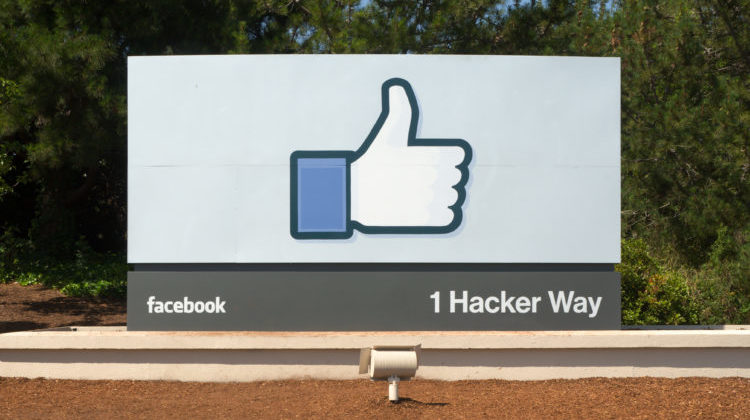
Photo Credit: wikipedia
For the past few years, Facebook has been looking for new ways to monetize the news from the nation’s top media publications. The latest idea discussed by CEO Mark Zuckerberg involves the creation of a standalone “news tab” that would be separate from the main news feed, but that would have prominent enough placement that it would be certain to get plenty of views and clicks from Facebook users. And here’s the little twist that’s so interesting: Facebook hinted that it might be willing to pay a licensing-type fee to the media companies producing high-quality, trustworthy (i.e. not “fake”) news.
Facebook’s rocky history with media publishers
For struggling media companies, of course, this might seem to be an irresistible offer. Who would turn down a chance to get in front of hundreds of millions of Facebook users and get paid at the same time? Best of all, media companies – such as newspapers and magazines – wouldn’t have to create any type of content they weren’t already creating. So why has the idea of Facebook wooing the nation’s top publishers thus far elicited such mixed reactions?
One big reason for that is the fact that Facebook has made these types of promises in the past, only to pull the rug out from under the feet of publishers when the social media giant wasn’t making enough money. Perhaps the greatest “Facebook con” ever was when Mark Zuckerberg convinced the world’s most powerful media companies to create and post content exclusively for the Facebook platform instead of for their own website. And how did that turn out for publishers?
Or what about the various ways that Facebook keeps fiddling with the news feed? At one time, Facebook said that “news” was a key part of the “news feed.” So media companies ramped up their efforts to tailor their content specifically to the Facebook audience, even going so far as to produce “Instant Articles” that would keep readers within the Facebook platform instead of delivering them back to the original publisher. Then, in an abrupt change, Facebook suddenly said that people didn’t want “news” in their news feeds, and that from here on out, only updates from social contacts would be showing up in the news feed.
One last chance for Facebook to woo top publishers
Which brings us to where we are today: media companies really don’t trust Facebook to do the right thing. Yes, Mark Zuckerberg has said all the right things about “the role quality journalism plays in building informed communities.” And, yes, Facebook appears to be sweetening the pot by including the option for direct cash payments for news (rather than indirect advertising revenues based on views). But here’s the thing: the distrust between publishers and social media platforms is so high these days that even Apple has had trouble lining up publishers for its premium Apple News product, in which Apple pockets 50 percent of all revenue.
By the end of 2019, we’ll have a much better idea of whether or not Facebook has patched over its relationship with publishers. That’s the estimated rollout date for the new dedicated news tab for high-quality news. Presumably, if the financial incentives are strong enough, even jaded and disillusioned media companies will be tempted to give Facebook one more chance.